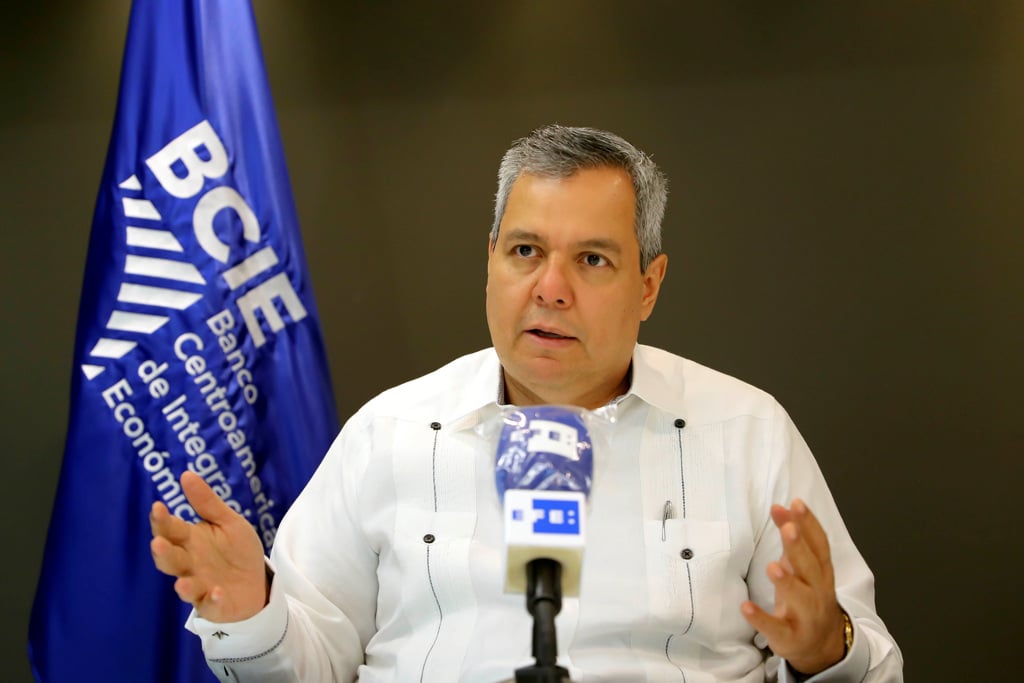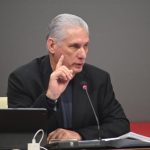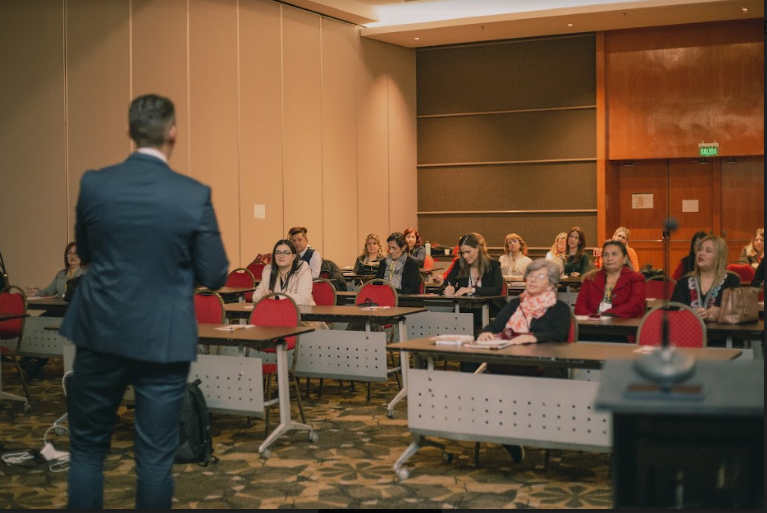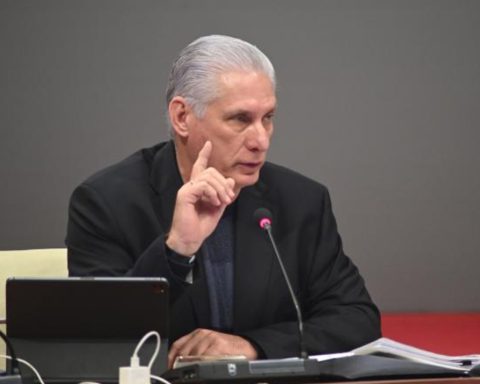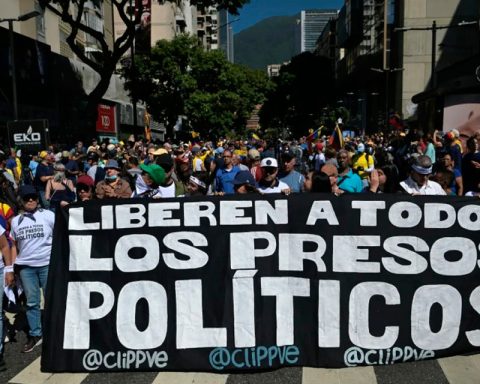The governors of Central American Bank for Economic Integration (CABEI)rejected the request of the entity’s executive president, Dante Mossito increase the capitalization of the bank, from the current 7 billion dollars, to a new ceiling of 10 billion, which two sources classified as “a vote of no confidence”which normally would lead to the resignation of the rejected.
The Board of Governors (normally made up of the Minister of the Economy, or the Minister of Finance, the Minister of Public Credit, or the head of the Central Bank of each country), meets once a year to take “impact decisions that have a positive impact on the socioeconomic development of the inhabitants of the member countries”, according to a quote from the Bank. This year’s meeting was in Mérida, Yucatán, (Mexico).
“Capitalization is the only issue of importance for that assembly in Mexico,” he told CONFIDENTIAL the former representative of Costa Rica before CABEI, Ottón Solís. The issue was, indeed, very important to Mossi himself, who at the end of July declared on television channel 12 that, Given the need for the Bank to grow “to meet the needs of the region”, in 2020 it was decided to increase the capitalization from 5,000 million to 7,000 million dollars.
In that interview, Mossi also said that “we are thinking of a capitalization of 10 billion, to be a much bigger and much stronger bank. Back then, [2020] the Bank achieved a Double A rating, which is the best risk rating of a Latin American institution… and better than that of the Government of Chile”.
Although at the time of writing this note, the Bank’s Public Relations department had not published a note reporting the results of the Board of Governors, two sources told CONFIDENTIAL that three countries (Guatemala, Costa Rica and Panama) filed objections. Upon knowing the details, the proposal was so incomplete that it was considered “little serious” and even “shameful.”
In the end, the capitalization plan presented by Mossi was rejected with the votes against, among others, of Argentina, Mexico, Panama, Spain, Guatemala, and Korea.
The rejection of capitalization
Increasing the Bank’s capitalization is desirable for all countries… despite the fact that this implies that each of them disburse large amounts of money to comply with that decision. As an example, Nicaragua (and the rest of the regional partners) had to contribute around 180 million dollars to fulfill their part when it was decided to increase the Bank’s capital, and take it up to 7,000 million dollars.
Despite this, paying to raise the Bank’s capital to 10 billion dollars is a desirable decision for the countries, because that implied that CABEI would have had more funds to lend to the same contributing countries… but they rejected it , which in the opinion of a professor who knows the functioning of a multilateral entity such as CABEI, indicates that there is “mistrust in the management of the bank’s finances.”
In this regard, this source recalled that there is already a complaint and a request for investigation which was presented by nine directors last December, “but has not yet been addressed”, referring to the letter Presented by Argentina, Spain, Colombia, Guatemala, Costa Rica, Honduras, El Salvador, Mexico and Panamaexpressing “great concern about the management and financial parameters of the Bank, and the serious concerns raised about its proper governance.”
“There is a reasonable doubt about Mossi’s behavior. This capital increase would be to ingratiate itself with the founding countries, with which wants to look good, but with someone else’s hat. What this news tells me is that Mossi has lost credibility with the directors and the Board of Governors”, he added.
For Solis, “it is normal for a president to resign in the face of a rejection like this. In any organization, that means resignation, because it says, ‘we don’t want to trust you with any more capital.’ And that all our countries are interested in this capitalization, because it increases the Bank’s lending capacity”.
The 10 billion dollars
In his opening speech before the Bank’s governors at the Mérida meeting, Mossi highlighted “the support we have received from the countries during the eighth capital increase” (starting in 2020), which he called “very important.” , especially after several of the partners —and not only the founders— made advances in their payments, “to further strengthen the equity position.”
The idea of raising it to 10 billion is linked to the fact that “we are concerned about the winds of global recession, and the increase in interest rates in all the markets where CABEI raises funds”, for which they work “very hard” to demonstrate why it is important for “this Central American bank to be a strong bank, with higher capital, to serve [rápidamente] the needs of our countries… and perhaps, achieve the dream of being the Triple A bank that serves our region”.
Although on paper that speech is plausible to be true, Solís believes that the background is different, and has to do with Mossi’s urgent need to “be able to improve the indices”, in particular, the administrative expenditure index (IGA) , which is calculated by comparing it with the Bank’s capital, so that the higher the capital, the lower the expense ratio.
“The IGA has been deteriorating due to waste in wagesbut if the lending capacity is increased, these high expenses are hidden,” he explained, asserting that Mossi’s predecessor (Nick Rischbieth) “was very careful: he limited the number of employees that the Bank could have,” considering that the rating agencies review the IGA when offering a rating to the entity.
The Costa Rican insisted on denouncing the actions that Mossi has taken “to allow CABEI directors maintain the abusive salary, detestably abusive”, which they enjoy, remembering that “all the privileges they have he has protected them. He has paid outside lawyers, in addition to putting staff to work to protect those salaries”, because it is his way of guarantee the vote of the directorswho did not question -for example- the declarations of Mossi, showing solidarity with Daniel Ortega.
If “CABEI’s board of directors is silent,” it is because Mossi “has enthusiastically helped them protect their enormous privileges,” he insisted. Returning to the decision of the governors in Mérida, he said that “I am pleased that the Assembly has made a decision like this, and I hope that it has come to see other key issues.”
